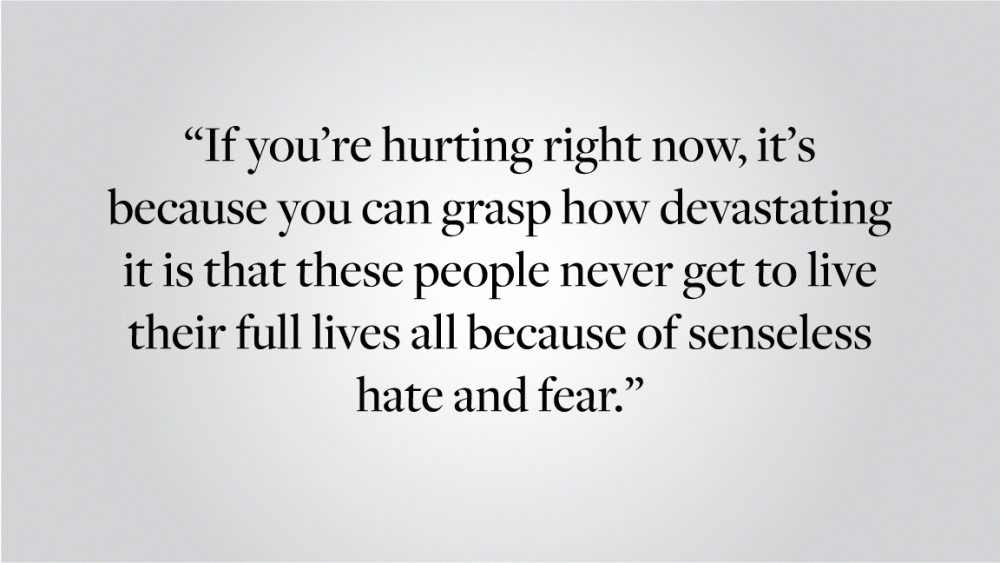To the Brown Community:
I’m sure by now many of you are consumed by what’s been happening here in the United States. For those of you who are in a particularly difficult place because of the racial killings, I’m writing to you. Honestly, I’m writing to me too.
I want to start by saying that these comments are from me and do not represent the faculty of the Brown University Education Department. My name is Professor Jonathan Collins. I’m one of the newest professors in the Education Department. I’m an African American male, and to be honest, every time one of these events happens, a little part of me dies right along with the victim. Racism is one of the most insidious diseases in the world. It infects people, leading them to believe – if just for a minute or even a split second – that another person is somehow less than human, disposable and worthless. It causes people to look at one another as threats and sub-consciously – if not consciously – reach the conclusion that: “The world is a safer place without you because of the color of your skin.”
The currency of racism is fear. Non-Black people are trained to fear black skin. Those of us with black skin are trained to fear the consequences of having it. Those consequences are now folded into the pages of the obituaries of people like George Floyd, Breonna Taylor, Botham Jean, Alton Sterling, Michael Brown, Tamir Rice, Eric Garner, Sandra Bland and a kid I actually knew personally from childhood: John Crawford III. The most devastating part of it of all, though, is that the fear is not inherent; it is learned. So, when I think back to the period of my life when I was watching John Crawford gleefully running around a YMCA basketball court, it is a time when we, as young boys, never even imagined that I would be writing something like this. We had no idea that fear would burglarize our latent sense of hope.
So, if you’re hurting right now, it’s because you can grasp how devastating it is that these people never get to live their full lives all because of senseless hate and fear. You can imagine the inner turmoil of having to look at the same people who swear to protect and serve and see them as violent monsters, who took away someone you deeply love. You can imagine the confusion that comes with being told that you are free, while facing the reality that – at any given moment – you could be violently taken away. You can picture what it must be like to one day be lost in the promise that you will be here tomorrow only to find a knee pressed down on your neck.
So, what do we do? Where do we go from here? I chose to study education because it gives me hope. I know that the American education system can, itself, offer the proverbial knee on the neck of Black children. I also know that education can save lives. It can offer pathways out of poverty and neglect. It can help us realize that the proverbial knee is why we suffocate, and it can be a tool we use to work toward its removal.
None of this will happen tomorrow. It might not happen in our lifetimes, but to paraphrase James Baldwin, I am an optimist by virtue of being alive. As long as we are still here, we have a debt to folks like George Floyd and Breonna Taylor, who were unjustly taken from us. So, I hope that as things return to normal and you find yourself frustrated about an assignment, or a test or some post-graduate opportunity, you revisit this moment and remember that we have a mission – a higher purpose. We need to be the best versions of ourselves. We need to learn to love black skin.
We need to pull that knee off of somebody’s neck.
Thank you for reading, and if you need me, I’m here for you.
In solidarity,
Jonathan E. Collins
Jonathan Collins is an assistant professor in the Department of Education. He can be reached at jonathan_collins@brown.edu. Please send responses to this opinion to letters@browndailyherald.com and op-eds to opinions@browndailyherald.com.

ADVERTISEMENT




